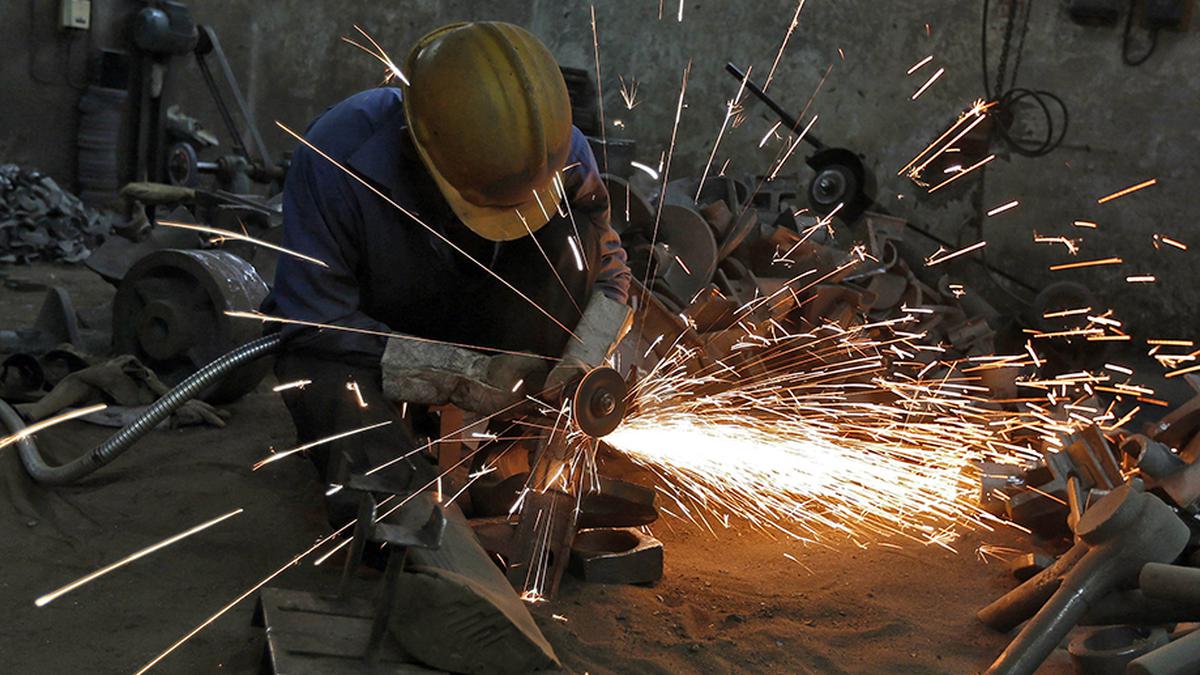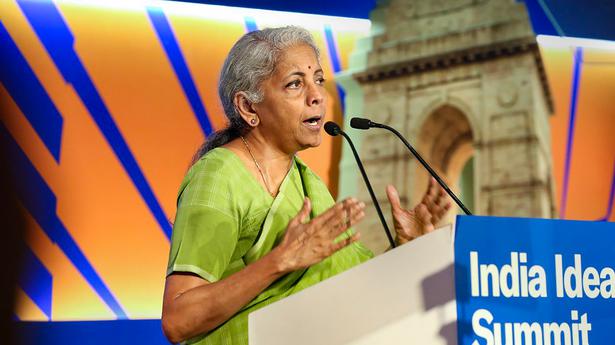At full capacity, the Gruenheide plant, which is still in the ramp-up phase, will produce 500,000 cars a year, more than the 450,000 battery-electric vehicles that German rival Volkswagen sold globally in 2021
At full capacity, the Gruenheide plant, which is still in the ramp-up phase, will produce 500,000 cars a year, more than the 450,000 battery-electric vehicles that German rival Volkswagen sold globally in 2021
Tesla will not start mass production of battery cells at its European gigafactory near Berlin before 2024, German business daily Handelsblatt reported on Friday, citing experts, two of whom are close to the company.
(For insights on emerging themes at the intersection of technology, business and policy, subscribe to our tech newsletter Today’s Cache.)
According to the report, problems have been discovered with an important production process presented by Tesla Chief Executive Elon Musk two years ago.
Tesla spokespeople in Germany were not immediately available for comment.
Currently, battery research at the site in Gruenheide only covers electrodes, while all equipment for the remaining production steps of winding, assembling and formatting the cells are being moved to Tesla’s headquarters in Texas, the report said.
At full capacity, the Gruenheide plant, which is still in the ramp-up phase, will produce 500,000 cars a year, more than the 450,000 battery-electric vehicles that German rival Volkswagen sold globally in 2021.
It will also eventually generate 50 gigawatt hours (GWh) of battery cells, but Tesla has not communicated a timeline for that part of production.
Shares of Tesla were down 5.5% in midday U.S. trade.
Tesla still plans to build a battery cell plant in Gruenheide in the long term, the report said, adding the company has to get a grip on the so-called dry coating of the electrodes before that can happen.
While tests with the technology are currently running successfully there is a lack of implementation in large-scale production, the report said.





